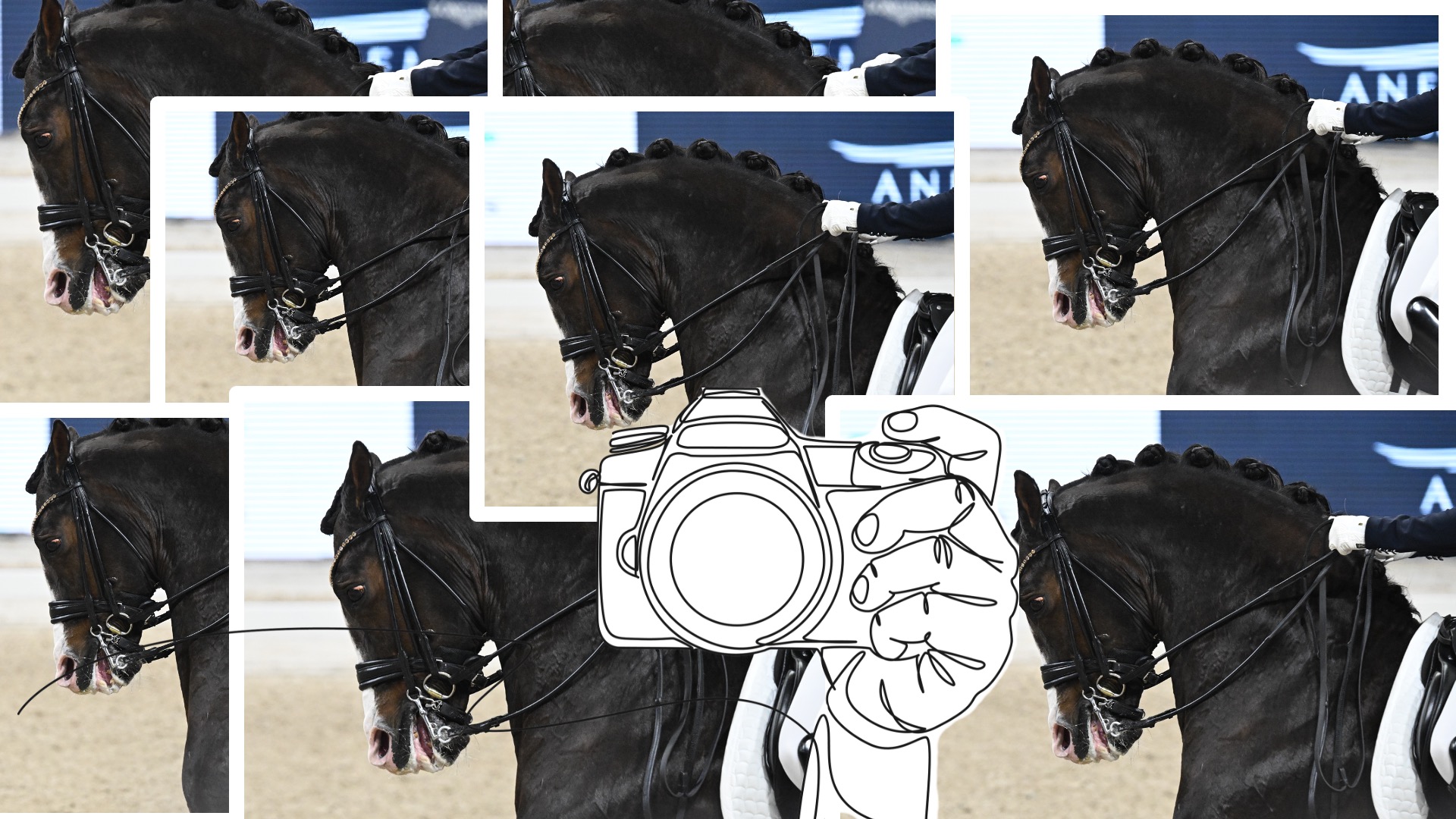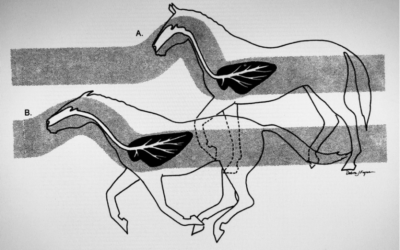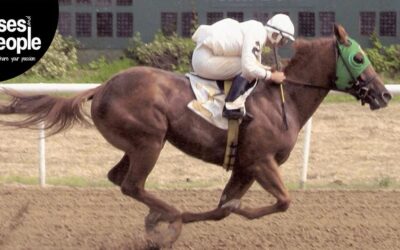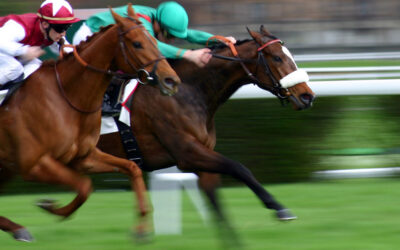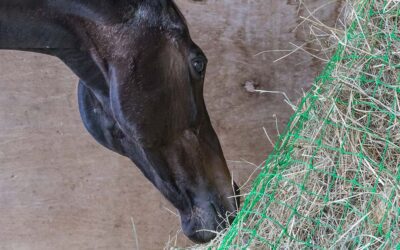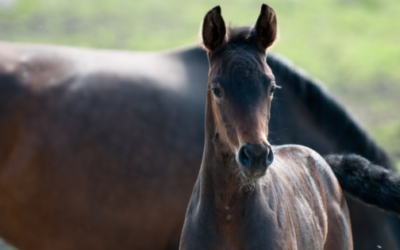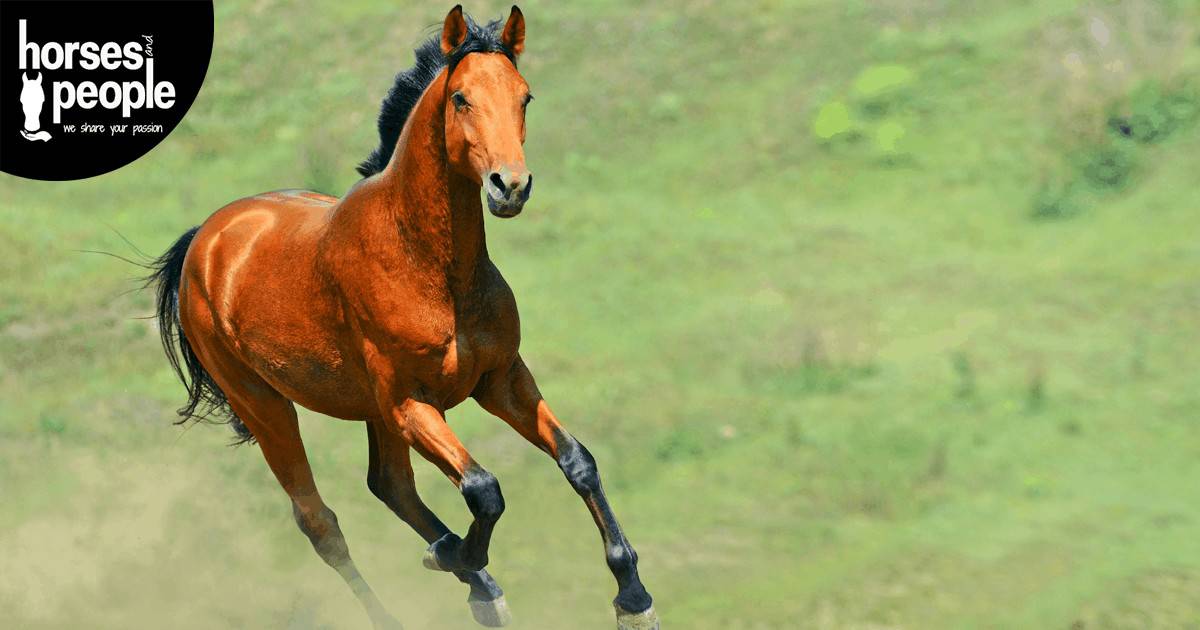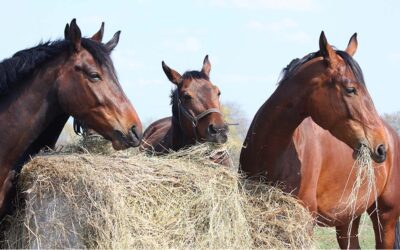Critique of the film Horses and the Science of Harmony
A critique of the Horses and the Science of Harmony film by Emeritus Professor Robert Cook, FRCVS, PhD. “Horses and the Science of Harmony” is, as stated in its introduction, a “Full length feature film, seen through the lens of cutting-edge science and groundbreaking...
A Bit-FREE, Pain-FREE Future for the FREE-Breathing Horse
Without food, a horse’s expectation of life is measured in weeks; without water, in days; without air, in seconds. The purpose of this article is to provide an illustrated sequel to a previous article "Horse Sports’ Option: Ban or be Banned” (Cook 2024). A series of...
The Evidence for Allowing a Bit-Free Option in Equestrian Sport
If equestrian sport remains in the grip of an Iron Age custom, and continues using the bit as the means of rider-horse communication, its social license to operate will be lost. It is time to relinquish the A.B.C. of Atrocity, Bit usage and Cruelty that stems from the...
Horse Sports’ Options: To ban, or be banned
Firstly, this article is about a basic need of the ridden and driven sport horse, the need to breathe. Secondly, it is about the role of veterinarians in drawing attention to this need to breathe. Thirdly, it is about the responsibility of horse sport administrators...
How to Protect Your Horse’s Back
Horses’ backs are not designed to carry riders. Are you doing all you can to protect them from painful injuries? Many performance problems stem from back pain1. Painful muscles are very common, but frequently not recognised1. There are many factors that can impact on...
Racing Horses on Forage-only
Forage is the preferred and ideal diet for most classes of horses, but can it meet the needs of the performance horse with high energy & nutrient demands? To help us in our quest, we spoke to Dr Brian Nielsen, a licenced racehorse trainer and Professor of Equine...
Exclusive Interview with Thoroughbred Geneticist, Dr Emmeline Hill
Dr. Emmeline Hill is an Irish equine geneticist and horsewoman who has dedicated her career to understanding the genetics behind thoroughbreds. An early fascination with genetics led her to study human genetics and cattle genetics during her PhD. However, time and...
Study identifies genes linked to successful galloping performance in horses
A new DNA study has identified a set of genes linked to successful galloping performance in horses selectively bred for racing. Horses have been selected for athletic characteristics for thousands of years. Traits that first evolved in the wild when horses needed to...
4-Step Guide to Safe Weight Gain
Is your horse showing a bit more rib than you like to see? Is he or she losing the fat layer along the spine that is often referred to as topline? Have you tried everything, but your horse never seems to gain weight? In this article, nutritionist Larissa Bilston...
Let’s Talk About Horse Poo
Anyone who has ever had to look after a horse for any length of time knows that they produce a lot of manure. In fact, a 500kg horse defecates about 4-13 times a day, producing 15.5 to 22.5kg of faeces and urine daily, which adds up to 8 metric tons a year! While...
Feeding the ‘Hot’ and ‘Fizzy’ Horse
Most horse owners have heard the terms ‘feeling their oats', ‘high’, ‘fizzy’, ‘hot’ and ‘hyper’ all used to describe the effect grain or certain feeds seem to have on the behaviour of some horses. Does feeding management or individual feed ingredients really...
Has Thoroughbred inbreeding reached breaking point?
From winning it in 1964 to being in the pedigree of all 20 runners in the Kentucky Derby fifty years later, Northern Dancer’s impact on the thoroughbred breed continues to grow. And while this ‘sire of sires’ sprinting legacy has been long celebrated, the recent news...
Feeding Foals, Weanlings and Yearlings
Fewer topics in equine nutrition stir more controversy than feeding the growing horse. Many factors add to the confusion of providing nutrition throughout these critical stages of life. For example, growing horses may have different commercial end points. Some will be...
The ethics of genetically modifying horses
With science and technologies advancing at such a rapid rate, it is important that the horse industry remains aware of the repercussions, real and potential, of genetically modifying horses. Taken to an extreme, genetic engineering can be used to alter the appearance...
Horse Joints and Supplements
Horse Joints and Supplements: Joint issues are one of the major issues that all horse owners face. This article aims to provide a general understanding of basic concepts around joint health. Importantly, the take home message from this article is that, when it comes...
Study of bacteria in ponies’ guts sheds light on ageing and obesity
The complex community of tiny living cells (microbes) living in the horse’s gut may provide valuable information about ageing and obesity, a new study has revealed. Initial findings have suggested that obesity in ponies may have a greater effect on gut microbes than...
Understanding Obesity in Horses
Obesity has been defined as a medical condition in which excess body fat has accumulated to the extent that it may have an adverse effect on health, leading to reduced life expectancy and increased health problems. Now, let’s talk about equines specifically. Horses...
Feeding the Senior Horse
The nutritional management of the senior horse is challenging as there is no set criteria that defines ‘old age’ or the ‘senior’ horse. The nutrient requirements of senior horses differ from other classes of horses because of the changes in metabolic and digestive...

